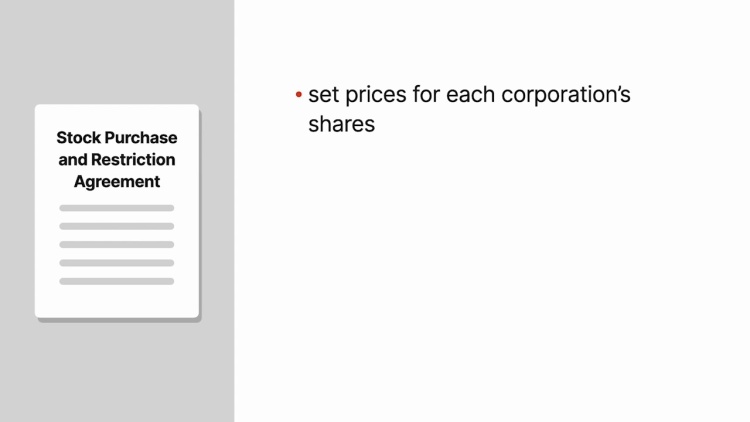Concord Auto Auction, Inc. v. Rustin
United States District Court for the District of Massachusetts
627 F. Supp 1526 (1986)
- Written by John Caddell, JD
Facts
E.L. Cox and his two siblings, Powell and Thomas, each held one-third of the shares of two corporations, Concord Auto Auction, Inc. (Concord) (plaintiff) and E.L. Cox Associates, Inc. (Associates) (plaintiff). The three entered into a stock repurchase agreement in February 1983. The agreement provided that the corporations would acquire all the shares of stock of any of the shareholders on the event of his or her death. It set repurchase prices for each company’s stock which were to “remain in full force and effect…until so changed.” Elsewhere the agreement provided that the share prices “shall be reviewed at least annually no later than the annual meeting of the stockholders,” beginning with the meeting to be held in February 1984. They further agreed that “all parties may, as a result of such review, agree to a new price . . . .” There was no indication of unfairness or duress surrounding the agreement. The February 1984 meeting was not held. In March 1984, Cox died accidentally in a fire. The share repurchase price had not been reviewed and remained at the original level. At the time of Cox’s death, the market value of his shares was roughly twice the value assigned in the repurchase agreement. The executor of Cox’s estate, Lawrence Rustin (defendant), refused to tender Cox’s shares under the terms of the agreement. Concord and Advance sued for specific performance. Rustin argued that the annual review of the repurchase price was mandatory, and that since no review had occurred, Powell and Thomas were required to now reassess the stock’s value. He further claimed that specific performance would be inequitable since the share prices had increased so significantly.
Rule of Law
Issue
Holding and Reasoning (Young, J.)
What to do next…
Here's why 907,000 law students have relied on our case briefs:
- Written by law professors and practitioners, not other law students. 47,100 briefs, keyed to 996 casebooks. Top-notch customer support.
- The right amount of information, includes the facts, issues, rule of law, holding and reasoning, and any concurrences and dissents.
- Access in your classes, works on your mobile and tablet. Massive library of related video lessons and high quality multiple-choice questions.
- Easy to use, uniform format for every case brief. Written in plain English, not in legalese. Our briefs summarize and simplify; they don’t just repeat the court’s language.





